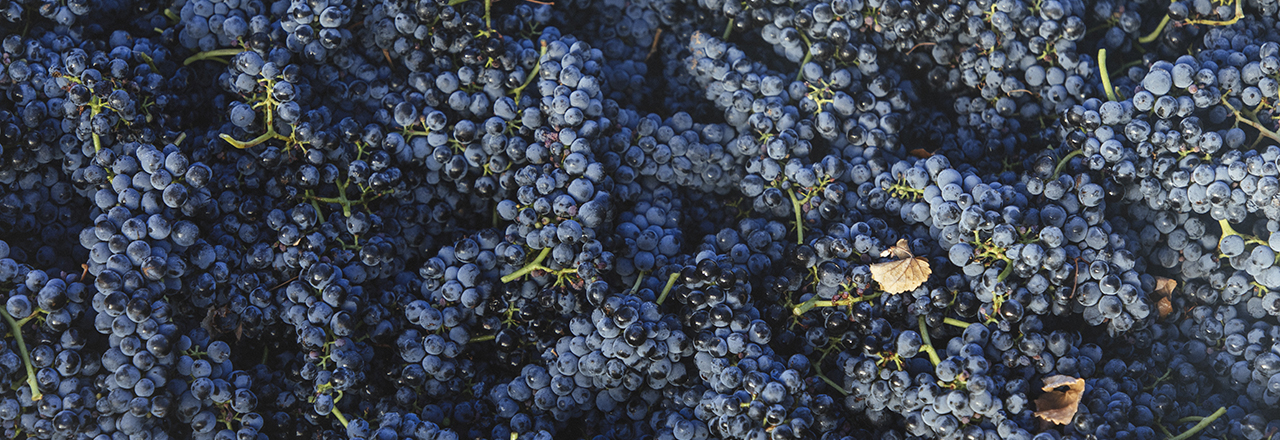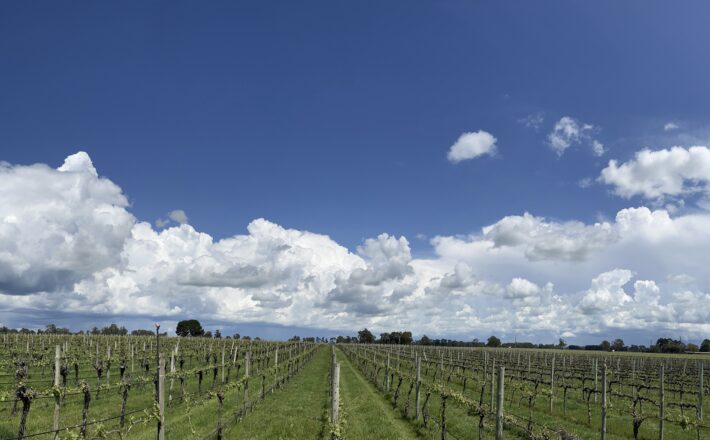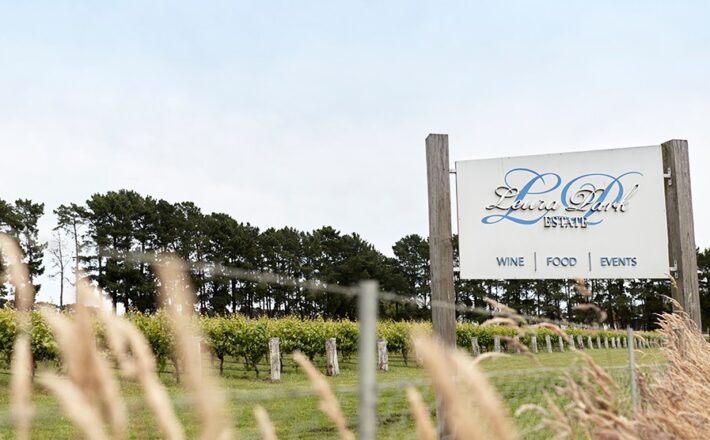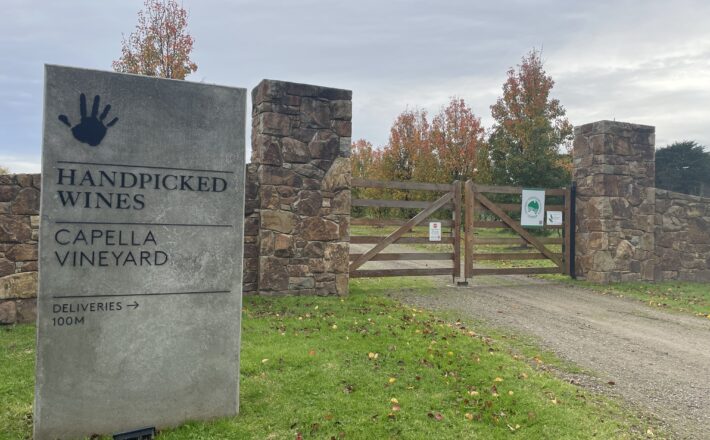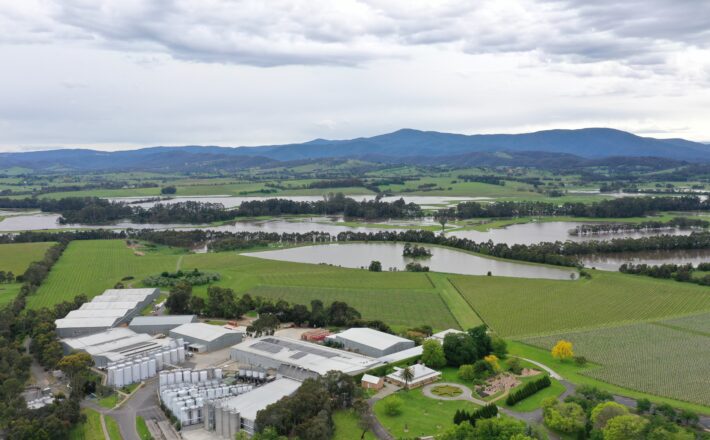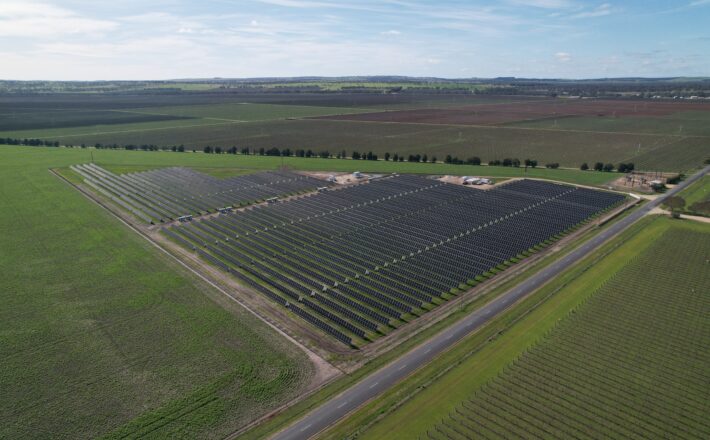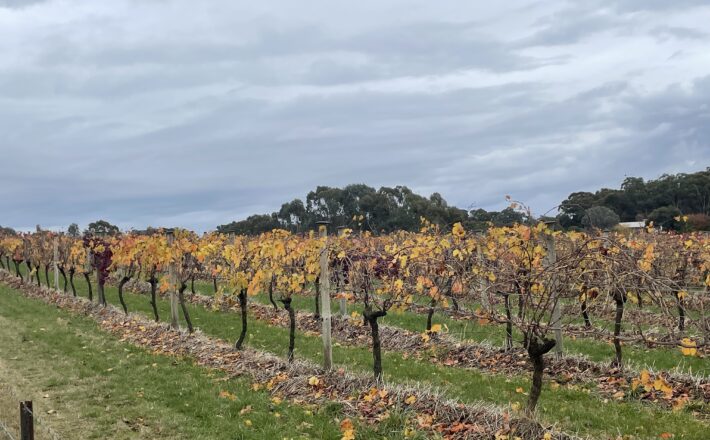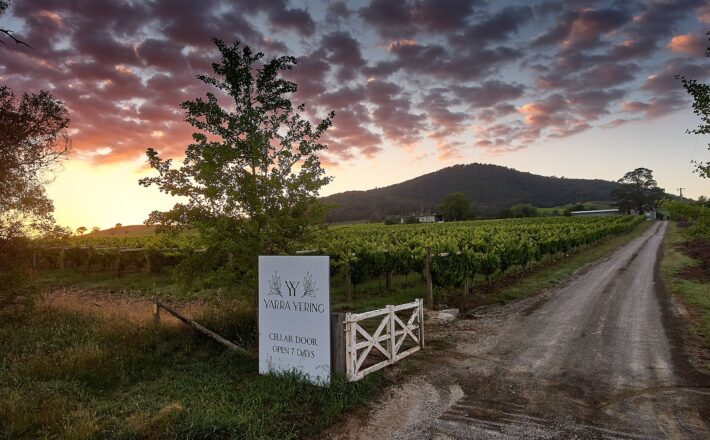The challenge
Future-proofing vineyards to enable them to withstand the impacts of climate change and variability is critical. A key part of this is to prepare vineyards to deal with the increased likelihood of extreme heat and drought. Undervine mulching of vineyards increases soil moisture levels, thus lowering the ambient temperature of the vineyard and increasing the ability of vines to maintain evaporative cooling. Mulching also increases soil organic matter and may increase soil carbon sequestration.
The solution
The use of mulch in Australian vineyards has not been widely adopted. It is likely that its use is limited by factors including: the cost of purchase and spreading, the requirement for specialised spreading equipment, lack of understanding of the benefits of mulching plus some of the risks associated with its use. This case study focuses on the potential water and energy savings from straw mulch use; however, other benefits and risks should be considered prior to its use (Table 1).
Table 1. Main benefits and risks associated with the use of mulch in vineyards
| Advantages | Disadvantages |
| Increases soil moisture Increases potential for soil carbon Increases soil nutrients Improves weed control Decreases herbicide use Enhances biodiversity |
May increase risk of frost Fire hazard Habitat for invertebrate pests Workplace health and safety (slip hazard) May impede machinery operations High cost in some years |
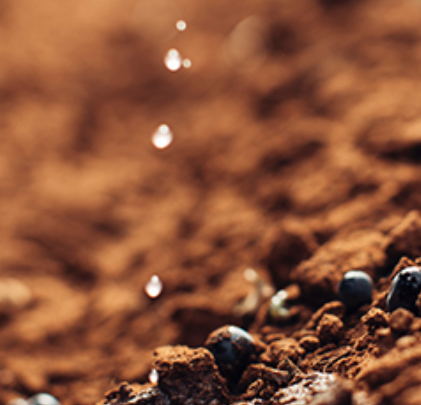
b Based on fruit value of $1,700/tonne (Eden Valley Riesling)
The benefits
At Yalumba, the move away from cultivating the soil in the 1970s coincided with investment in trials looking at ways to retain soil moisture, buffer soil temperature, increase soil biodiversity and reduce herbicide use. Early trials at Eden Valley showed that it is preferable to only mulch under the vines as opposed to the entire vineyard floor because of the risk of waterlogging.
Trialling different thicknesses of mulch revealed that if the straw is spread to a height just below the dripper line (approximately 30 cm) in early autumn, rain settles it to a manageable and effective layer. More recent trials at Eden Valley have focused on measuring the effect of mulch on soil moisture and the associated water savings. Wheaten straw mulch was applied undervine and measurements were taken to assess its effect on soil temperature, soil moisture, grape yield and production cost over three seasons.
Results were also analysed to quantify the effect of straw mulch on greenhouse gas emissions which demonstrated reduced emissions as a result of reduced water demand by the vines and therefore less electricity used to pressurise irrigation. The cost to purchase and spread the mulch was significantly less than the additional income received from fruit sales.
This was a result of increased yield with no detrimental effects on fruit composition. Under straw mulch the soil temperature was lower and was buffered against extreme temperatures. Improved soil moisture retention under straw mulch saved an average of 0.5 ML/ha and saved 266 hours of pumping time. It is estimated that around 6.81 t CO2-e emissions were avoided through the use of straw mulch.
The cost to purchase and spread the mulch was significantly less than the additional income received from fruit sales.
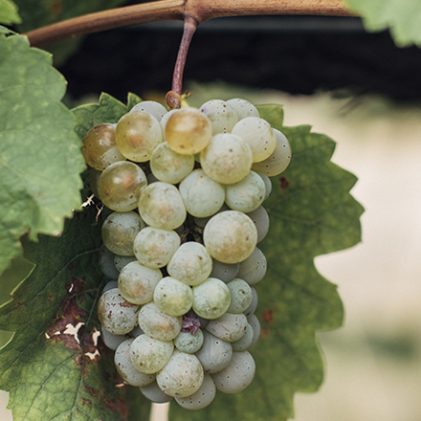
Straw mulch improved soil moisture retention
Yalumba has been developing its own sustainable viticulture program since the mid 1990s. This starts in the vineyard and extends to every aspect of winemaking, production, packaging and distribution. Many awards and milestones have resulted due to sustainability now being at the core of the business. Yalumba is the first wine company in the world to receive the Climate Protection Award from the US Environmental Protection Agency, 2007. Yalumba runs an extensive environmental management program, setting aside hundreds of hectares of land for conservation management. For every hectare of vineyard owned, there is at least one hectare of natural vegetation. Thousands of trees have been planted over the past few decades.
Acknowledgement
This case study was produced with support from the Australian Government and The AWRI.
![]()
